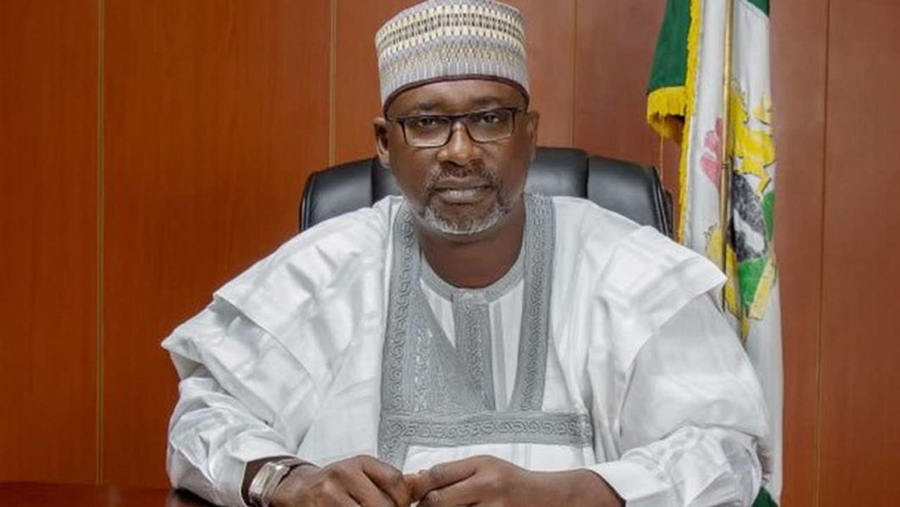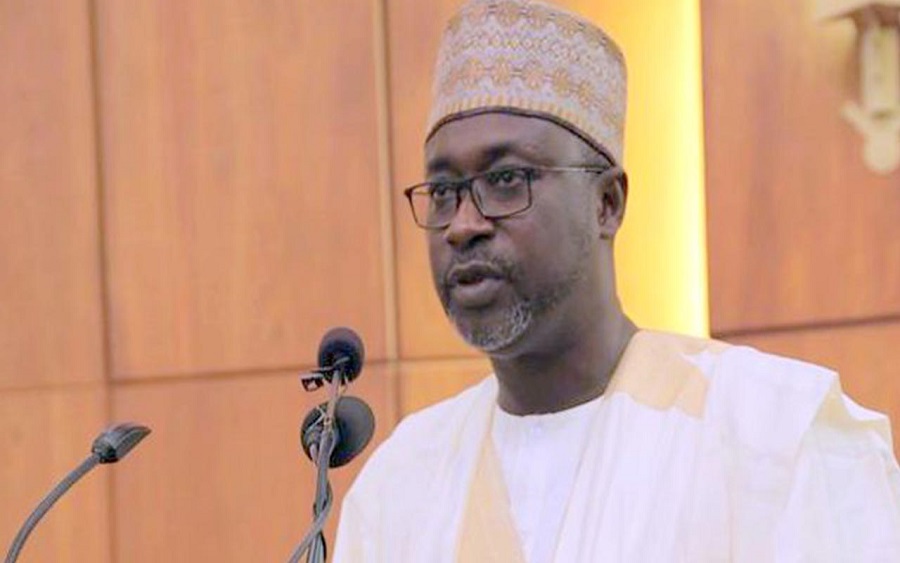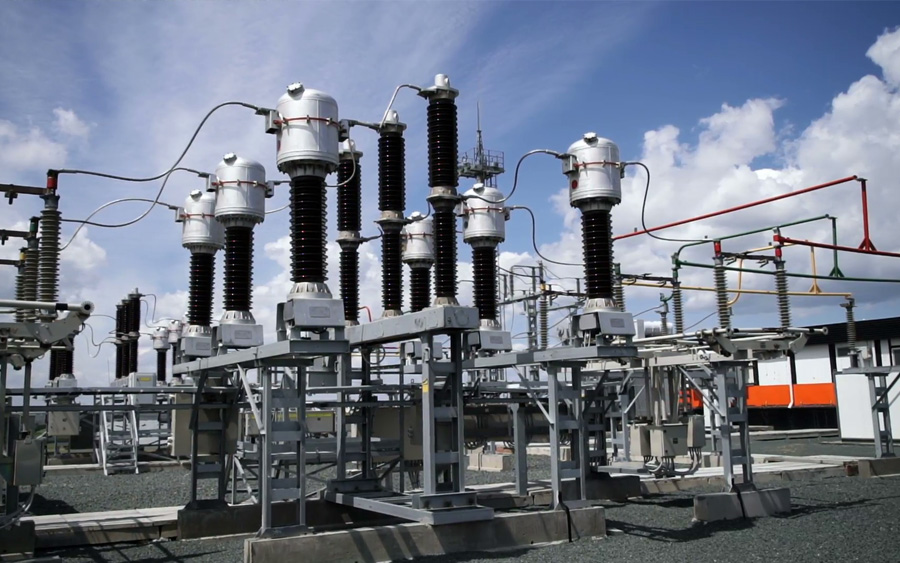Suleiman Adamu, the Minister of Water Resources has stated that the sum of N6 trillion is needed to meet the demands for water supply infrastructure in the country.
According to NAN, the minister said this at the 28th regular meeting of the National Council on Water Resources in Abuja while speaking on the theme, ‘Emerging Financial and Management Challenges for Sustainable Water Infrastructure in Nigeria.’
Describing the meeting as an opportunity to discuss developments in the water sector, evaluate issues, address identified challenges and chart a way forward towards resolving contemporary challenges, Adamu highlighted the major challenges facing the sustainable development of the water sector were funding, poor water governance, obsolete infrastructure amongst others.
What they are saying
Calling for the need to review the water governance, sustainable financing, pricing for water services, Adamu said that the World Bank had committed 700 million dollars to support Nigeria in its National WASH Action plan towards the revitalisation of the sector through the Sustainable Urban and Rural Water Supply and Sanitation Hygiene (SURWASH) programme.
He said, “SURWASH is expected to provide six million people with basic drinking water services and 1.4 million people access to improved sanitation services. The programme will deliver improved WASH services to 2,000 schools and healthcare facilities and assist communities to achieve open defecation-free status’’
Oumar Dombouya, UNICEF WASH Manager pointed out that 30% of the people in Nigeria (60 million people) do not have access to clean water, according to the 2019 National Outcome Routine Mapping of Water, Sanitation, and Hygiene Service Levels (WASH-NORM). He, therefore, pledged the commitment of the UN body to support durable and cost-effective interventions towards making the country meet its SDG target by 2030.
In his comment, Dr Edwin Isotu-Edeh, National Consultant, Public Health and Environment, representing the WHO Nigeria Country Representative expressed worry that one in three persons still lack access to basic drinking water globally whilst calling for the need to democratise access to WASH services in the county and urging states to emulate what was being done in the federal level to ensure sustainability.
He said, “States can emulate what was being done by the federal government, and all stakeholders ought to put water as a key component of all interventions.’’
Olusade Adesola, who represented the FCT Minister, Dr Mohammed Bello also noted that the provision of clean and safe clean drinking water to FCT residents was top priority of the Federal Government through the FCT Administration.
He said, “The water sector is faced with old and emerging challenges that has prevented us from emerging our target in this sector, providing infrastructure for regular water supply is very capital intensive.
“While the projected population of the FCT by year 2020 ought to be 3 million, the actual population as at 2018 and 2019 had risen to six million, this has placed enormous demand and pressure on significant resources to meet the infrastructural need.
“That is why you see new territories, layouts, districts are being opened without the corresponding provision of infrastructural facilities’’.






.gif)






